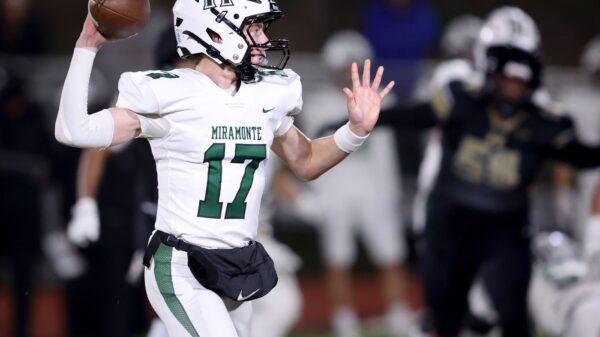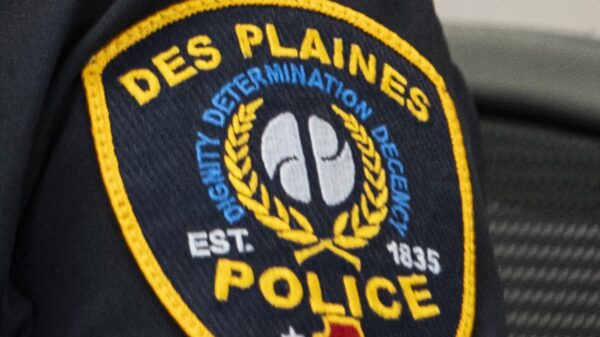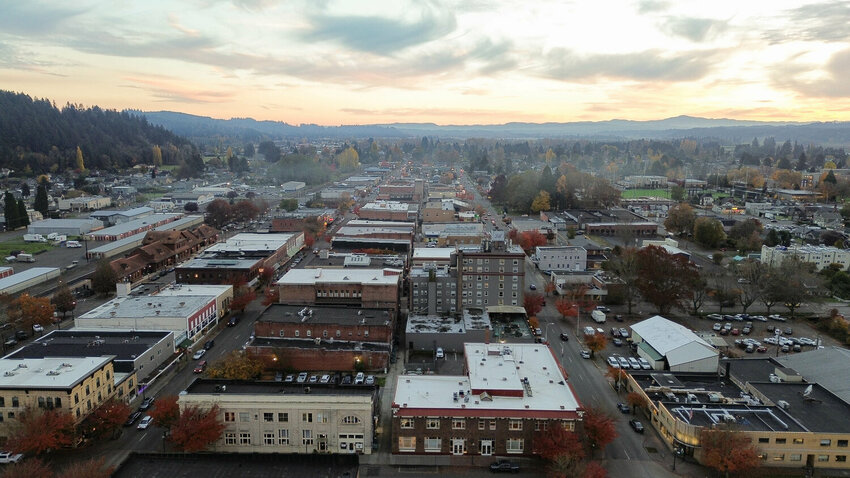The Centralia City Council has voted to increase the property tax levy by 1% for the 2026 collection, a decision that passed with a vote of 5-2 on Tuesday. Council members Mark Westley and Norm Chapman opposed the increase, marking the second consecutive year of tax hikes for the 2025-2026 fiscal biennium.
The approved ordinance will raise the property tax levy collection to a total of $2,318,014.91, which includes an increase of $22,950.64 based on the current levy of $2,295,064.27. During the council’s discussions on October 14, 2024, Bret Brodersen, the city’s finance director, explained that the city’s collection rate stands at 90.3 cents per $1,000 of assessed property value. This translates to an annual cost of $203.20 for homeowners with properties valued at $225,000. Under the new tax structure, the same homeowner will see their tax bill rise by $2.03 to $205.23.
The average home value in Centralia is reported to be $392,318, according to the Zillow Home Values Index. During the council meeting, Westley highlighted the financial strain on residents, using a $450,000 home as an example. He noted that property taxes for such homes would increase from $406 to $410 annually due to the tax increase. Reflecting on conversations with constituents, Westley stated, “One percent may seem quite insignificant to a lot of us, but when you’re having conversations at the grocery store with a single mother… it came to like $11 that she was going to be able to put in her car.”
Brodersen also provided insights into the broader tax landscape in Lewis County, where the current tax rate is 92.6 cents per $1,000. Other jurisdictions, such as Chehalis and Aberdeen, have higher general levies at $1.43 and $1.93 per $1,000, respectively. In Washington, property tax increases are capped at 1% unless residents vote for a higher increase or the jurisdiction utilizes “banked capacity.”
In a prior meeting, the finance committee had recommended addressing the city’s budget deficit of approximately $1.2 million by raising property taxes by 1% and utilizing $700,000 in banked property tax authority, along with proposing a new business and occupation (B&O) tax. However, the council rejected the B&O tax proposal and opted instead to increase the property tax and tap into $1.2 million in banked authority.
Brodersen cautioned that the city has nearly exhausted its banked capacity, which limits future tax growth. “When you bank the capacity or not, you lose the ability in future years for that 1% to continue to grow,” he noted during the meeting. This concern was echoed by Mark Vogt, another council member, who emphasized the importance of regular tax increases to avoid larger financial issues later on.
The council’s decision aligns with regulations that limit tax increases for jurisdictions with populations exceeding 10,000 residents to the lesser of 1% or the implicit price deflator (IPD) for personal consumption expenditures, which the Bureau of Economic Analysis reported at 2.44% for 2026.
As the Centralia City Council moves forward, the implications of the tax increase will be closely monitored by residents and city officials alike, reflecting ongoing debates about fiscal responsibility and community support in a challenging economic environment.






































































